Last week's historic, first-ever U.S.-Africa Leaders Summit has come to an end; and the reviews of leading LGBT and human rights advocates are mixed, yet still evolving.
"The most important and productive conversations that occur during multilateral summits often happen on the contours of the major events," said Ty Cobb, director of global engagement at the Human Rights Campaign told The Advocate. "Although we weren't in those conversations, we're continuing our outreach to a variety of folks to learn whether that was indeed the case."
Frustration with conversation over LGBT equality being sidelined was shared by groups such as Human Rights First, the Human Rights Campaign and American Jewish World Service even before the summit began. All of the organizations expressed disappointment that their calls -- and even a plea by Sen. Ed Markey (D-Mass.) -- to invite civil rights leaders to join the governmental leaders were largely unfruitful.
"There are always ways to integrate economic and human rights efforts," said Shawn M. Gaylord, advocacy counsel at HRF. "There is a plethora of new research, including a new report from the Williams Institute that demonstrates how LGBT rights fit into economic development."
HRC's Ty Cobb resisted the temptation to draw a comparison between the literal and symbolic marginalization of LGBT and human rights organizations, which were invited to a side event while presented as an adjunct to the U.S.-Africa Summit. That event, titled, Civil Society Forum Global Town Hall, was hosted by Secretary of State John Kerry.
"The summit provided a unique opportunity for the president and administration officials to explicitly address the marginalization of the LGBT community in many African nations," Cobb said. "While he did not do so publicly, we hope he and others took the opportunity to do so privately."
President Obama merely mentioned sexual orientation, praising "the incredible cultures of some of our U.S. businesses that do a really good job promoting people and maintaining a meritocracy, and treating women equally, and treating people of different races and faiths and sexual orientations fairly and equally, and making sure that there are typical norms of how you deal with people in contracts and respect legal constraints -- all those things I think can then take root in a country like Zimbabwe or any other country. Hopefully, governments are encouraging that, not inhibiting that."
Both HRC and HRF are reaching out to allies and sources present during the summit to get a sense of what happened behind closed doors that might impact LGBTs. In fact, said Cobb, there was a major initial indicator that conversations may have taken place at the highest levels. Nigerian President Goodluck Jonathan had been confronted by an activist over treatment of LGBT people and reportedly said "during this week the topic has come up a lot, and it is something we will continue to look into."
"Based on comments from President Jonathan at a dinner on Wednesday night, it's clear that he was questioned about the draconian new law in Nigeria while in D.C.," Cobb said. "And, it's important that he continues to be challenged for putting the lives of LGBT Nigerians in danger wherever he goes."
Another encouraging sign, according to Cobb, was President Obama's comments differentiating the U.S. from China, which competes with the U.S. for access to African resources.
"The president rightly recognized that people--not natural resources--are Africa's most valuable resource," Cobb said. "And we must remain committed to providing opportunity to all of Africa's people, including those who are LGBT."
Uganda's president and longtime dictator, Gen. Yoweri Museveni, was a more welcomed participant at the summit than he might have been just four days earlier, before his nation's Constitutional Court overturned (on a parliamentary technicality) the draconian Anti-Homosexuality Act he had signed into law in February. That law provided brutal penalties such as life in prison for "aggravated homosexuality," required family members to turn in gay relatives and landlords to evict LGBT tenants.
Still, HRF's Gaylord emphasizes vigilance as the watch-word for the day when it comes to other African countries where similar laws may be on the horizon and in Uganda, where a resurrected AHA could possibly help Museveni win reelection in 2016.
"I think we need to be vigilant," Gaylord told The Advocate. "We need to hope the law doesn't come back in another form and put pressure on Nigeria, Kenya and the Democratic Republic of Congo where our sources tell us there is a growing movement to enact something along the lines of the law just overturned in Uganda."










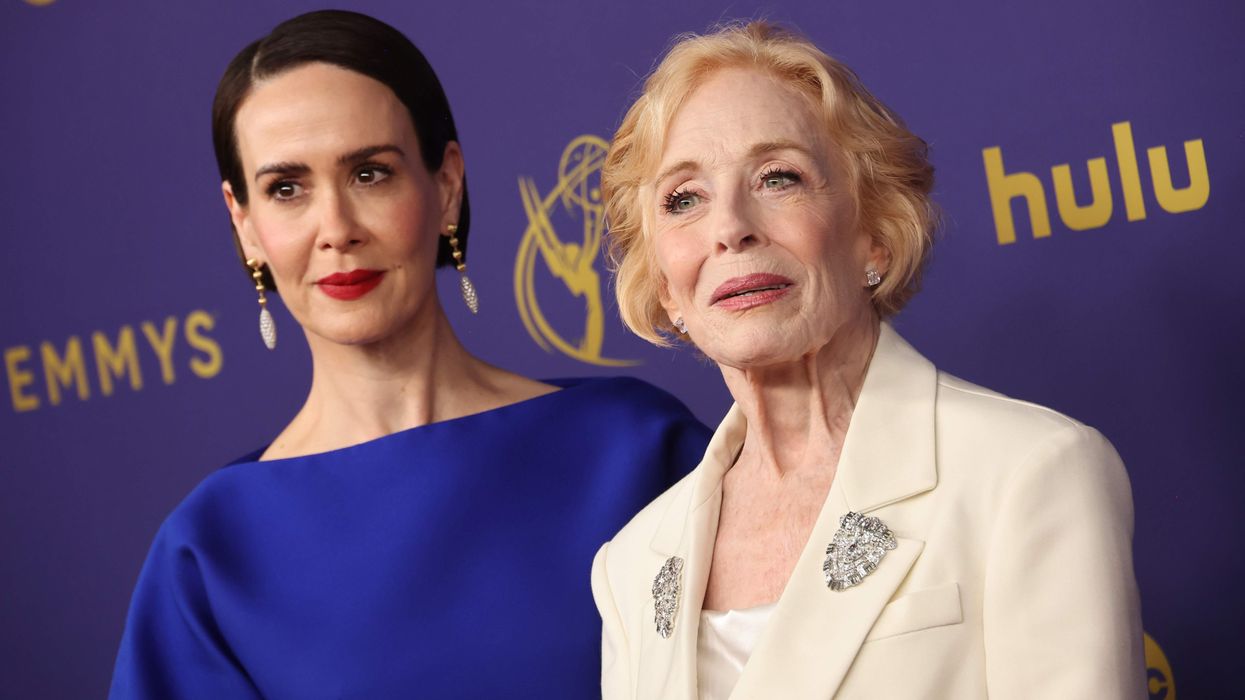

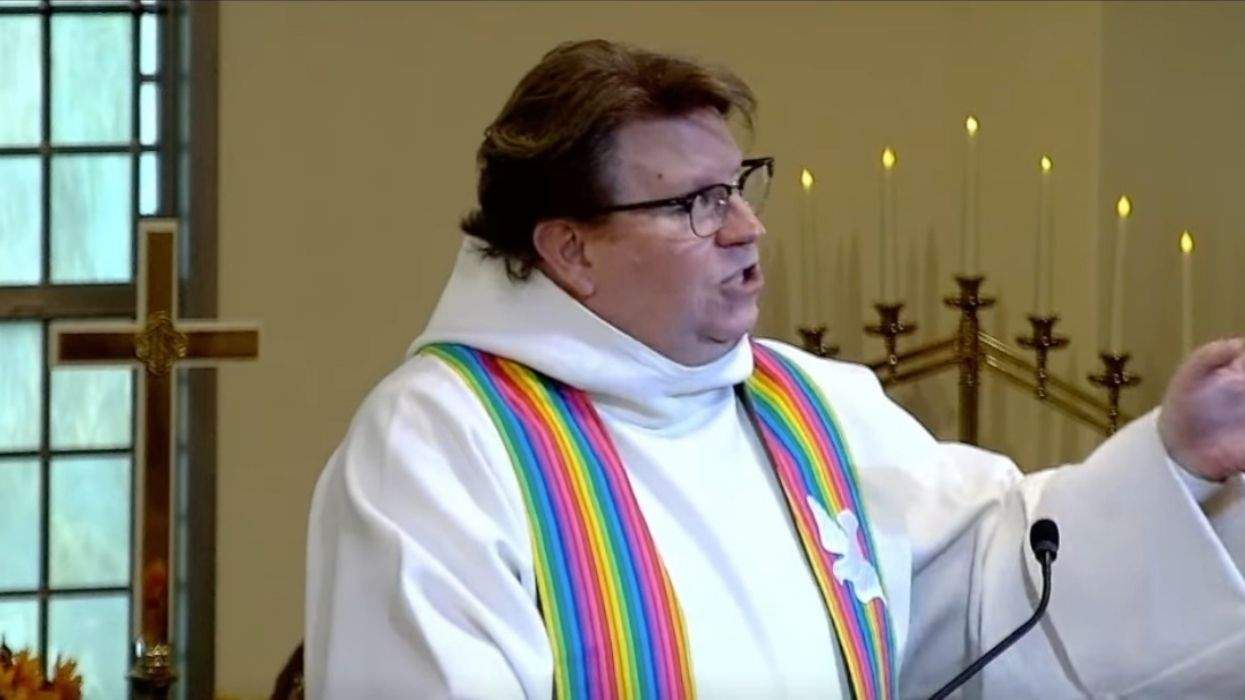


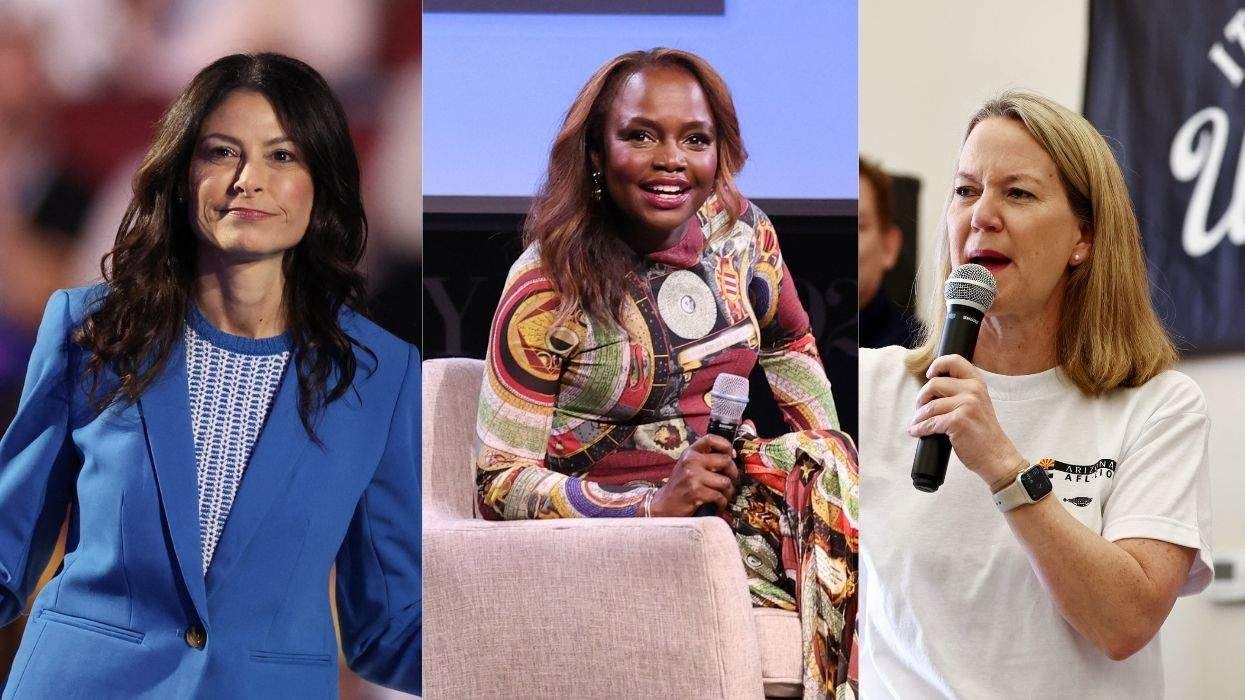





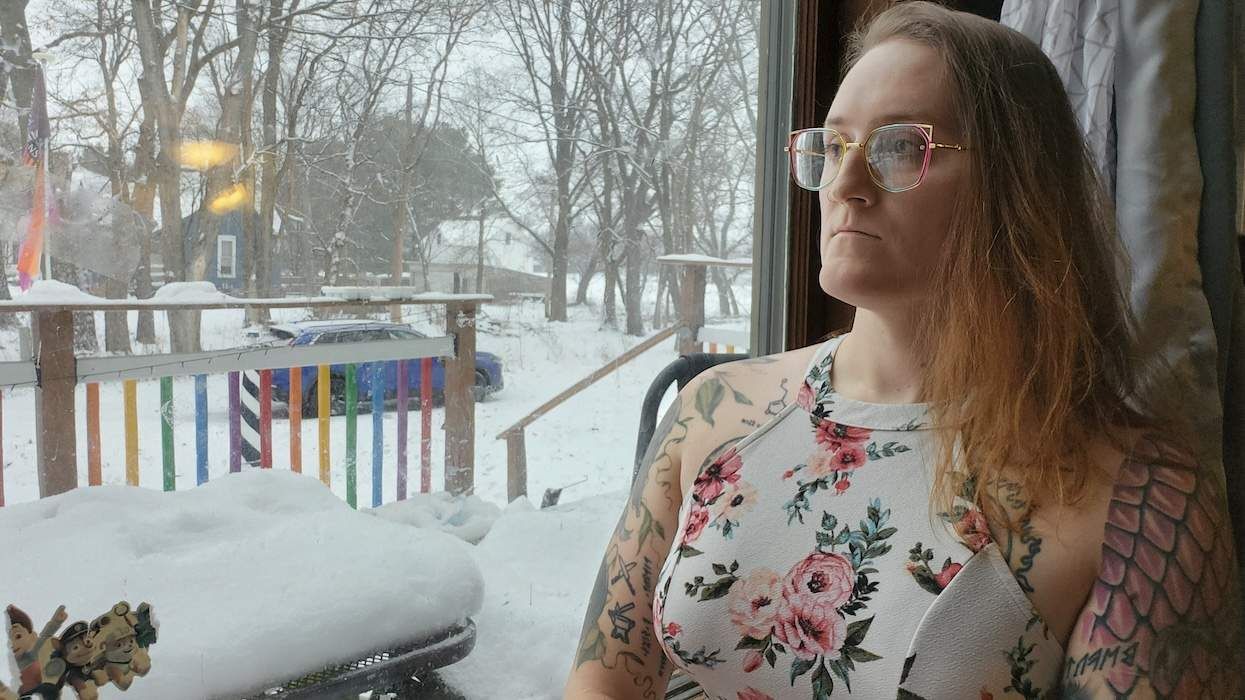

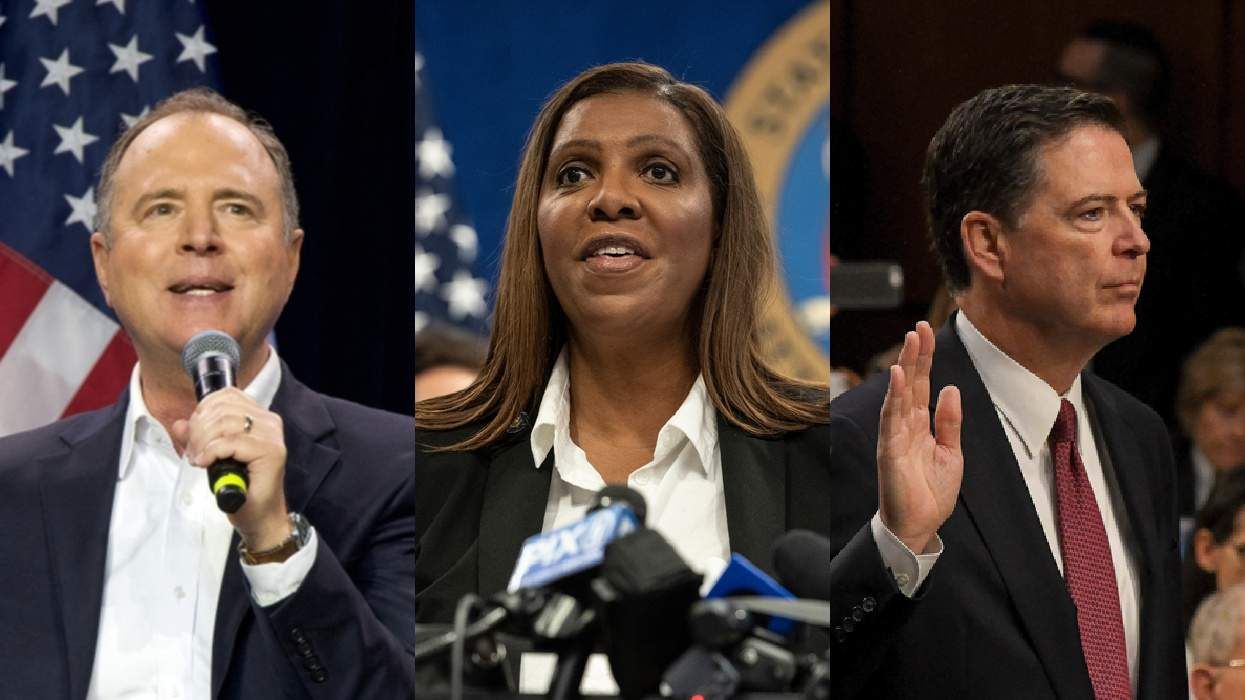

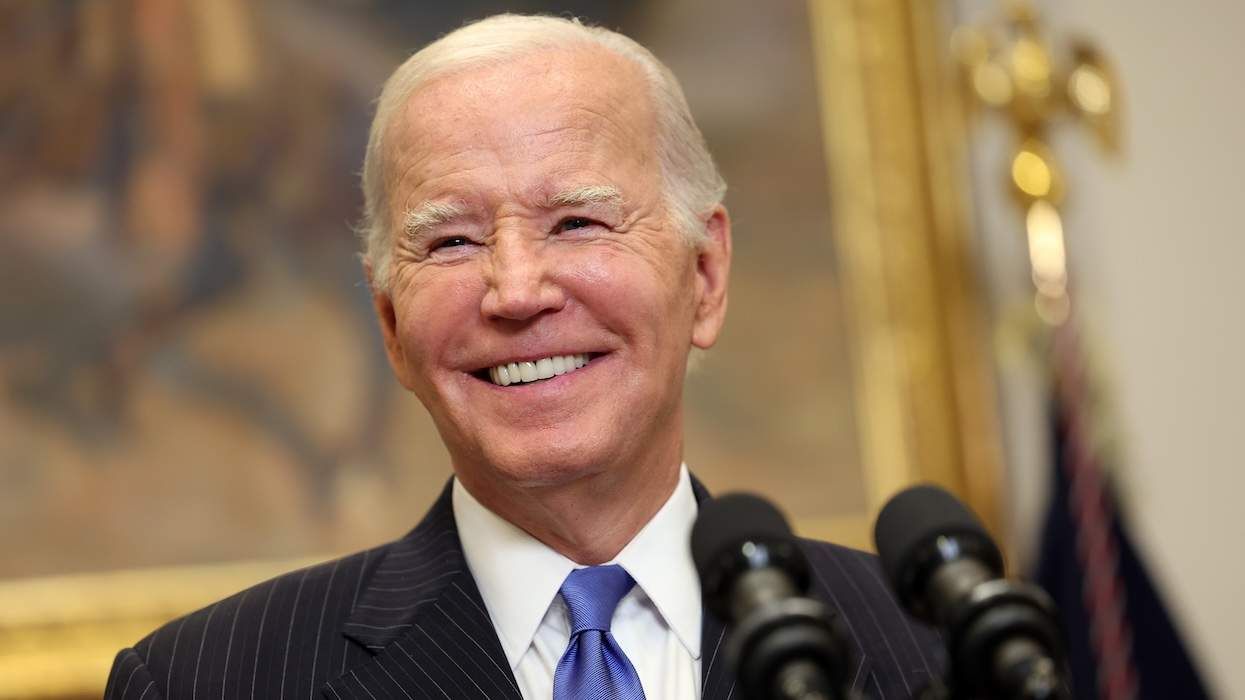
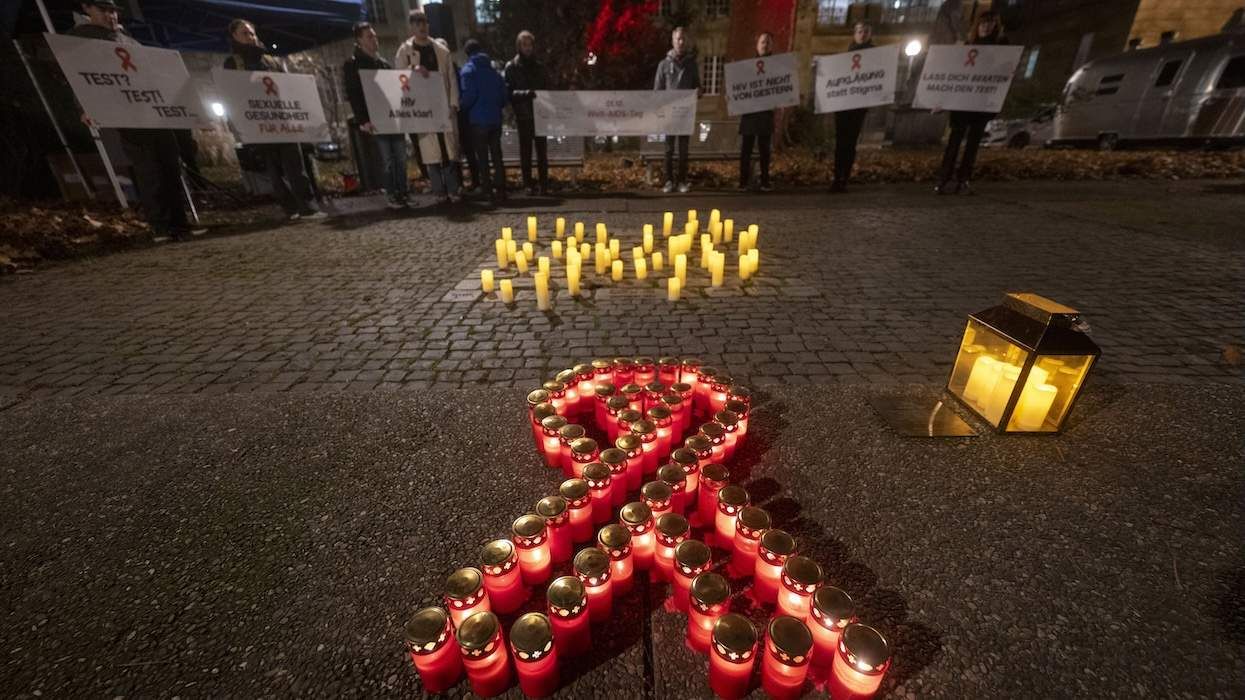























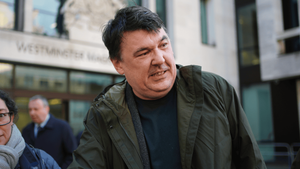
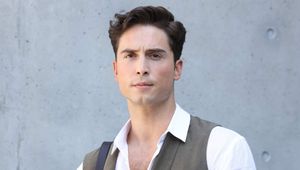
















Charlie Kirk DID say stoning gay people was the 'perfect law' — and these other heinous quotes